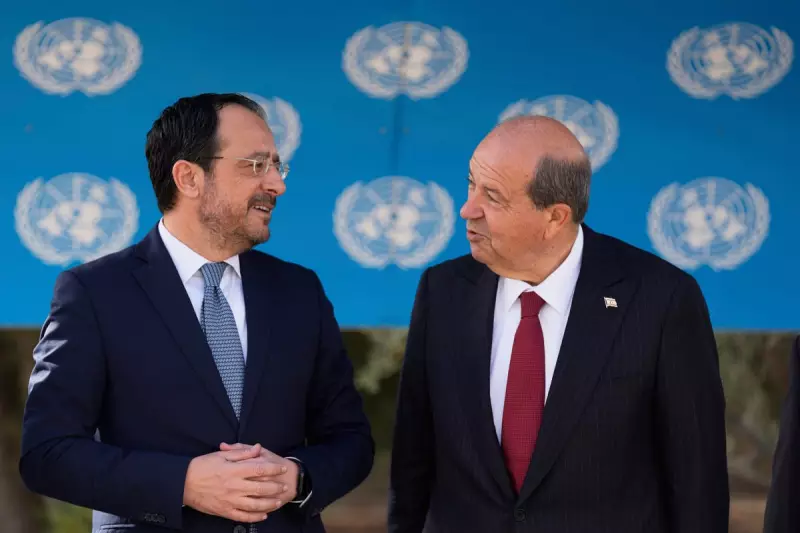
The United Nations has launched a new round of negotiations aimed at reunifying Cyprus, the divided Mediterranean island that has been split along ethnic lines for decades. The talks come amid heightened tensions between Greek and Turkish Cypriots, with both sides accusing each other of undermining peace efforts.
Why Now?
UN officials have described the current situation as a critical juncture, warning that further delays could deepen the rift between the two communities. The organisation is pushing for a comprehensive settlement that addresses key issues such as governance, security, and property rights.
Historical Context
Cyprus has been divided since 1974, when Turkey invaded the northern part of the island in response to a Greek-backed coup. The northern third is now controlled by Turkish Cypriots, while the southern two-thirds are governed by the internationally recognised Republic of Cyprus.
Challenges Ahead
Previous attempts at reunification have failed, most notably in 2004 when a UN-backed plan was rejected by Greek Cypriots in a referendum. Analysts suggest that trust-building measures will be essential for any new agreement to succeed.
Key sticking points include:
- The role of international guarantors
- Property restitution for displaced families
- Power-sharing arrangements
International Response
The European Union and United States have both expressed support for the UN-led initiative. However, Turkey's involvement remains a contentious issue, with Ankara maintaining a significant military presence in northern Cyprus.
As talks progress, all eyes will be on whether this latest diplomatic effort can achieve what so many others have failed to do - bring lasting peace to a divided island.






